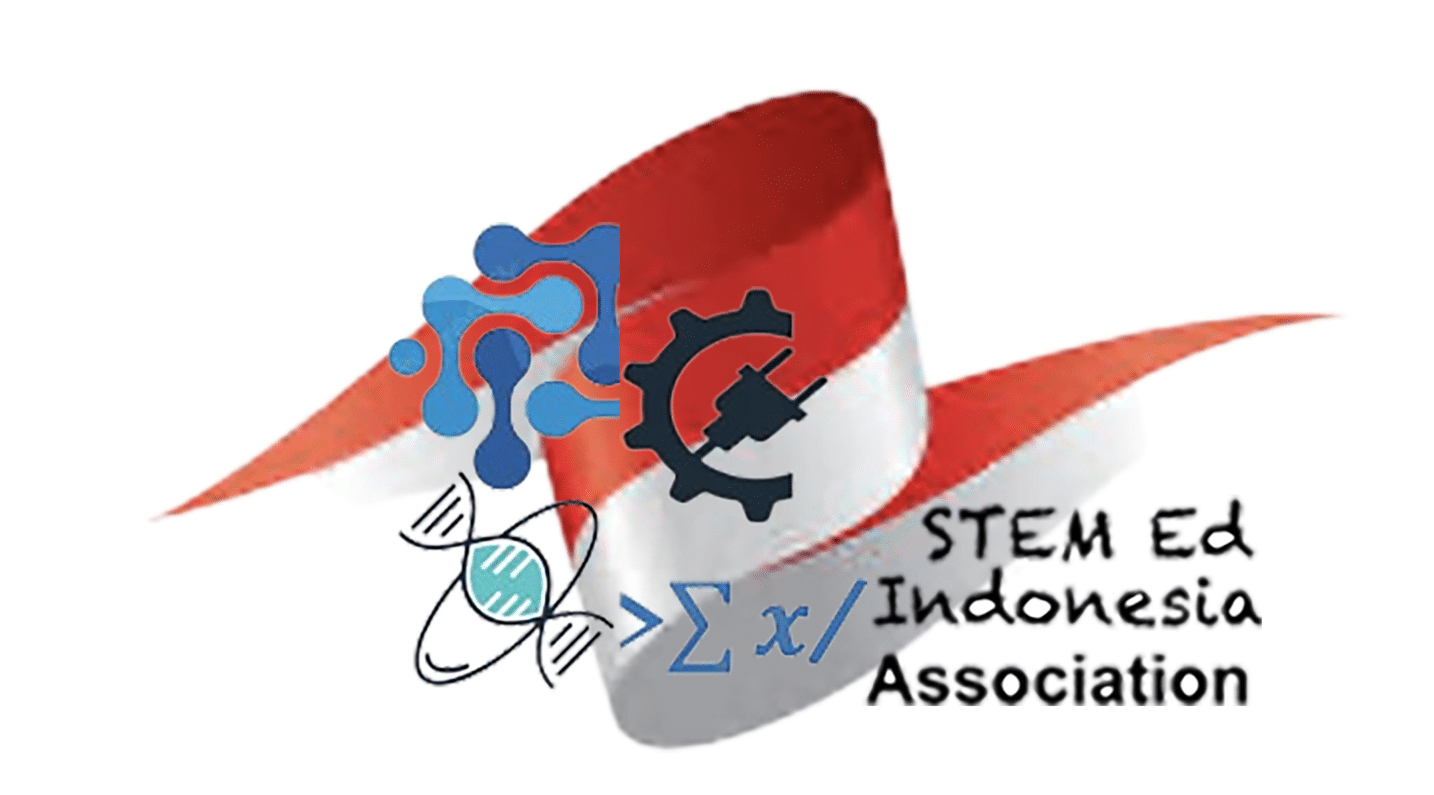Systematic Literature Review (SLR) Computational Thinking Learning Science in the Period 2012 - 2021
DOI:
https://doi.org/10.70290/jeti.v1i1.1Keywords:
Systematic literature review (SLR), research trend, systematic analysis, computational thinking learningAbstract
The study review of the literature systematic displays an overview of research on computational thinking in learning science in the period 2012 to 2021. In the process of selection of data in this study using a flow diagram of a Prism that can show the activity of the inclusion and exclusion of the search results data. The search is performed through the database of Springer to establish some inclusion criteria. The research variables analyzed include the distribution of publications per year, the frequency of the emergence of the term “computational thinking” in the title of the document. The number of authors publishes computational thinking year, the country's most productive research in computational thinking, as well as the number of citations in the research. The results show the publication of the study of computational thinking, the frequency of the emergence of the term computational thinking on the title of the study as well as the author of the most there in 2020, whereas in the period 2012 to 2021 the state the most to contribute in the research of computational thinking, i.e. the USA as well as publisher of research in computational thinking the most is Journal of Science and Technology which has published research in computational thinking by 56 times in one decade
References
Abidah, A., H N Hidaayatullaah., R M Simamora., D fehabutar & Mutakinati, L. (2020). The Impact of Covid-19 to Indonesian Education and Its Relation to the Philosophy of “Merdeka belajar”. Studies in Philosophy of Science and Education Vol 1 no 1. ISSN: 2721-9267
Ananiadou, K., & Claro, M. (2009). 21st-century skills and competences for new millennium learners in OECD countries. OECD Education Working Papers, 41, 33. http://dx.doi.org/10.1787/218525261154
Arastoopour Irgens, G., Dabholkar, S., Bain, C., Woods, P., Hall, K., Swanson, H., ... & Wilensky, U. (2020). Modeling and measuring high school students’ computational thinking practices in science. Journal of Science Education and Technology, 29(1), 137-161.
Care, E. (2018). Twenty-First Century Skills: From Theory to Action. In E. Care (Ed.), Assessment and Teaching of 21st Century Skills, Educational Assessment in an Information Age (Assessment, pp. 3–17). Springer International Publishing AG. https://doi.org/10.1007/978-3-319-65368-6_1
Dagiene, V., & Stupuriene, G. (2016). Bebras – A Sustainable Community Building Model for the Concept-Based Learning of Informatics and Computational Thinking. Informatics in Education, 15(1), 25–44.
Hava, K., & Cakir, H. (2017). A systematic review of literature on students as educational computer game designers. In Proceedings of EdMedia 2017, (pp. 407–419). Washington, DC, USA.
Higgins, J., & Green, S. (2008). Cochrane Handbook for Systematic Reviews of Interventions. In J. P. H. and S. Green (Ed.), The Cochrane Collaboration and JohnWiley & Sons Ltd. Wiley-Blackwell. https://doi.org/10.1109/ISIT.2017.8006970
Hsu, T. C., Chang, S. C., & Hung, Y. T. (2018). How to learn and how to teach computational thinking: Suggestions based on a review of the literature. Computers & Education, 126, 296-310.
Ioannou, A., & Makridou, E. (2018). Exploring the potentials of educational robotics in the development of computational thinking: A summary of current research and practical proposal for future work. Education and Information Technologies, 23(6), 2531–2544.
Irwanto, I., & Prodjosantoso, A. K. (2019). Analyzing the relationships between preservice chemistry teachers’ science process skills and critical thinking skills. Journal of Turkish Science Education, 16(3), 299-313.
Irwanto, Rohaeti, E., Widjajanti, E., & Suyanta. (2017, August). Students’ science process skill and analytical thinking ability in chemistry learning. In AIP Conference Proceedings (Vol. 1868, No. 1, p. 030001). AIP Publishing LLC.
Kotsopoulos, D., Floyd, L., Khan, S., Namukasa, I. K., Somanath, S., Weber, J., & Yiu, C. (2017). A Pedagogical Framework for Computational Thinking. Digital Experiences in Mathematics Education, 3(2), 154–171. https://doi.org/10.1007/s40751-017-0031-2
Lockwood, J., & Mooney, A. (2018). Computational Thinking in Secondary Education: Where does it fit? A systematic literary review. International Journal of Computer Science Education in Schools, 2(1), 1–20.
McCormick, K. I., & Hall, J. A. (2021). Computational thinking learning experiences, outcomes, and research in preschool settings: a scoping review of literature. Education and Information Technologies, 1-36.
Musyaffi, A. M., Rosnidah, I., & Muna, A. (2021). Cloud-Based Learning Management: An Effective Learning during Social Distancing. Journal of Educational and Social Research, 11(5), 173-173.
Musyaffi, A. M. (2022). Learning Management System Sustainability for Accounting Student: The Existence of Self-Efficacy. Quality-Access to Success, 23(188).
Papert, S. (1980). Mindstorms. Children, computers, and powerful ideas. New York: Basic Books.
Polat, E., Hopcan, S., Kucuk, S., & Sisman, B. (2021). A comprehensive assessment of secondary school students’ computational thinking skills. British Journal of Educational Technology, 52(5), 1965–1980. https://doi.org/10.1111/bjet.13092
Salomone, M., & Kling, T. (2017). Required peer-cooperative learning improves retention of STEM majors. International Journal of STEM Education, 4(1). https://doi.org/10.1186/s40594-017-0082-3
Stovold, E., Beecher, D., Foxlee, R., & Noel-Storr, A. (2014). Study flow diagrams in Cochrane systematic review updates: An adapted PRISMA flow diagram. Systematic Reviews, 3(1), 1–5. https://doi.org/10.1186/2046-4053-3-54
Wing, J. M. (2008). Computational thinking and thinking about computing. Philosophical Transactions of the Royal Society A: Mathematical, Physical and Engineering Sciences, 366(1881), 3717–3725. https://doi.org/10.1098/rsta.2008.0118
Downloads
Published
How to Cite
Issue
Section
License
Copyright (c) 2022 International Journal of Educational Technology and Instruction (IJETI)

This work is licensed under a Creative Commons Attribution-NonCommercial 4.0 International License.




